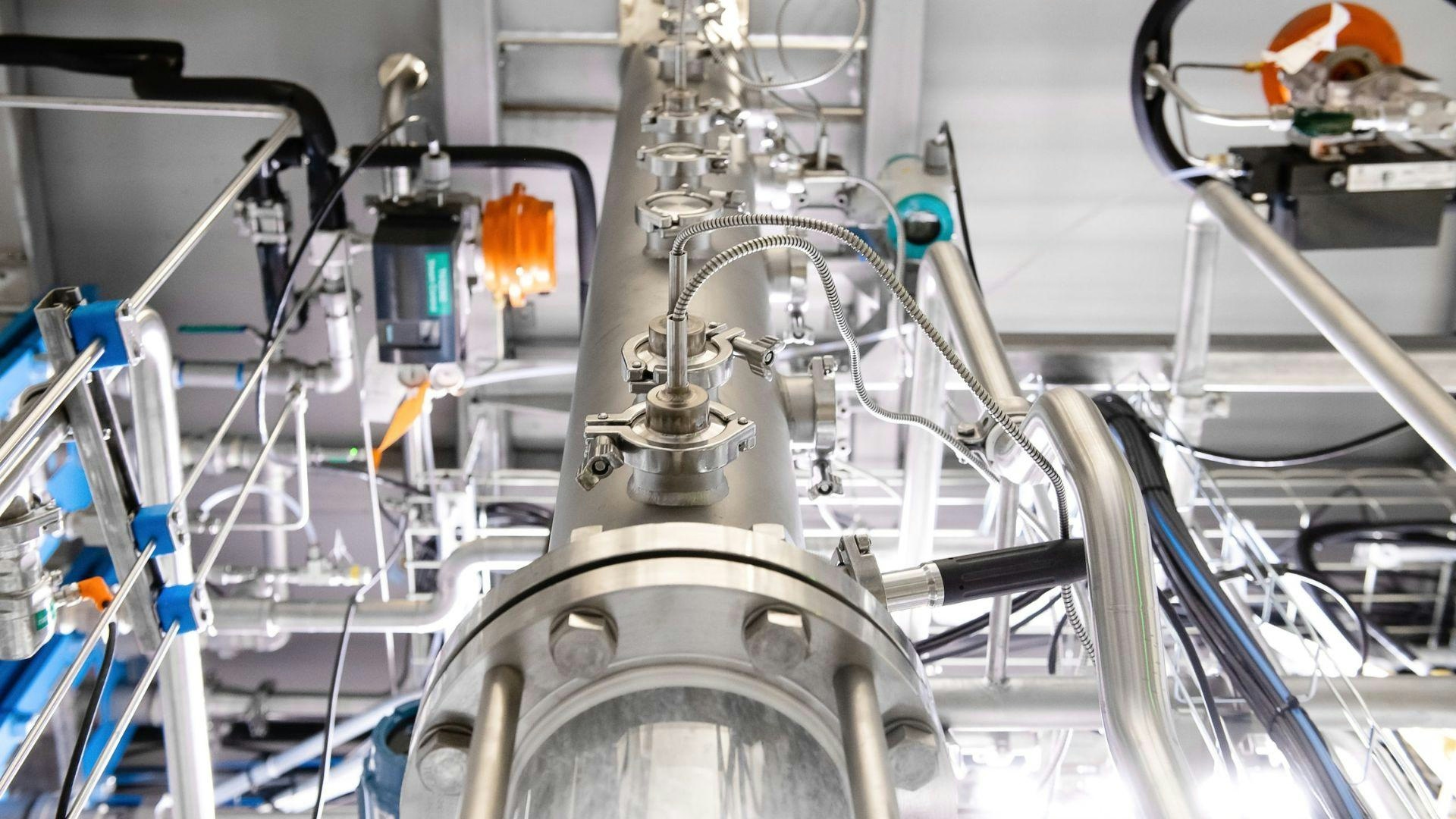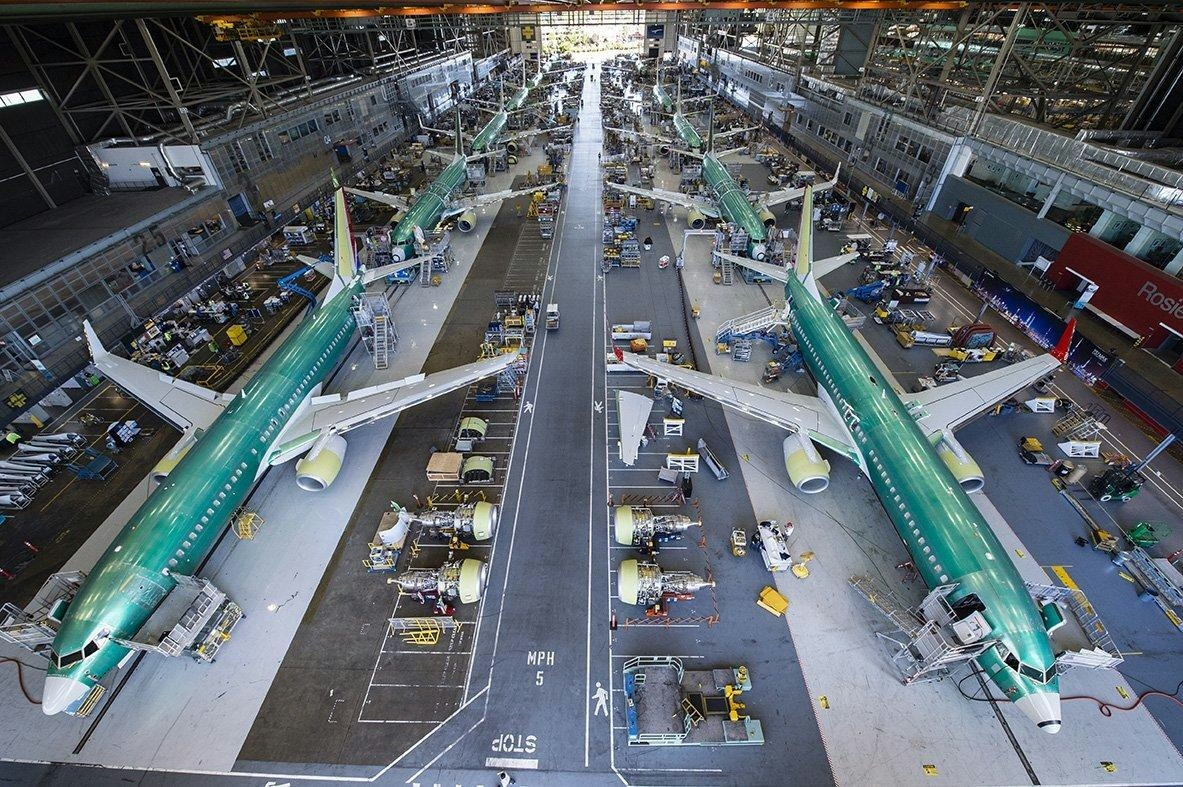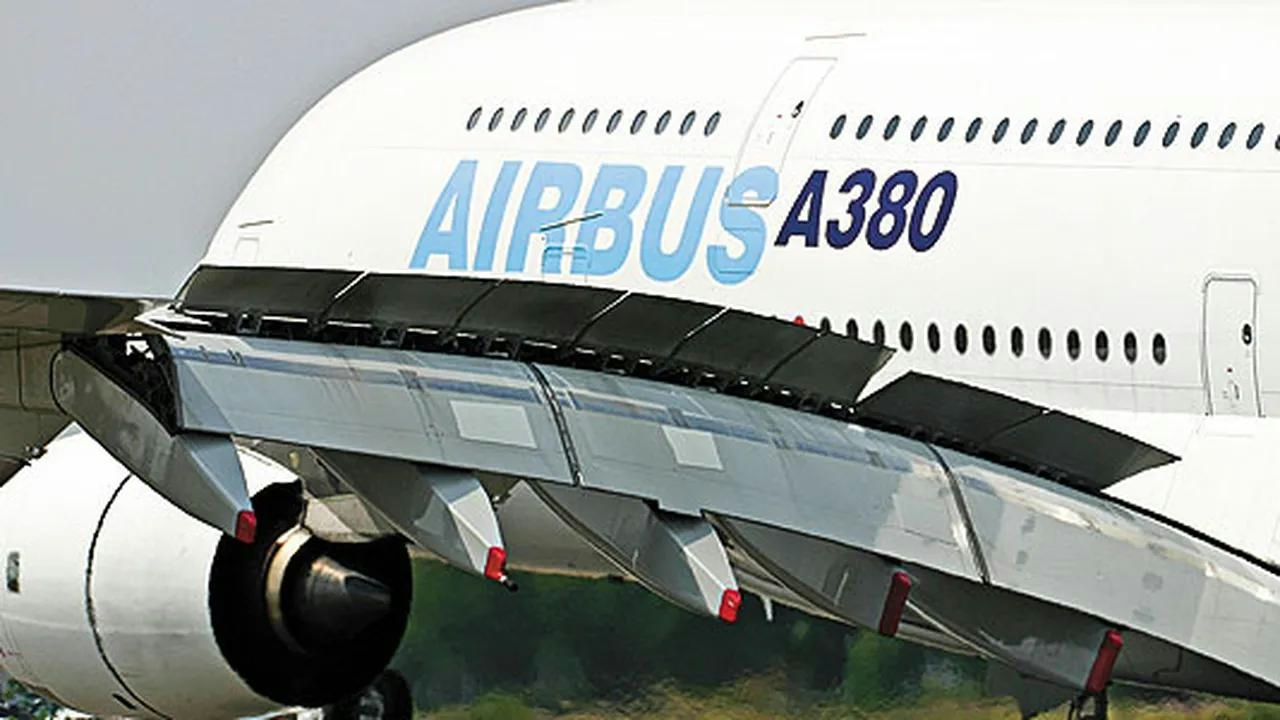AeroGenie — Seu Copiloto Inteligente.
Tendências
Categories
Biotech Converts CO2 into Palm Oil–Like Fat for Aviation Fuel

Biotech Converts CO₂ into Palm Oil–Like Fat for Aviation Fuel
A Sustainable Alternative to Palm Oil
A pioneering biotechnology development has emerged from a collaboration between the Fraunhofer Institute for Interfacial Engineering and Biotechnology IGB, the Mibelle Group, and LanzaTech. The partnership has successfully created a material that replicates the functional properties of palm oil, offering a sustainable substitute for use in cosmetics and, notably, a novel feedstock for sustainable aviation fuel (SAF). Palm oil’s widespread use stems from its high yield, shelf stability, and heat resistance, qualities that have made it indispensable in both the food and cosmetics industries. However, its production is closely associated with deforestation, biodiversity loss, and substantial carbon emissions, driving the urgent need for scalable and environmentally responsible alternatives. By converting captured carbon dioxide into a palm oil–like fat, this innovation seeks to mitigate these environmental impacts while preserving the performance standards demanded by industry.
Peter Müller, CEO of the Mibelle Group, emphasized the significance of this breakthrough, describing it as a milestone for the cosmetics sector. He highlighted the synergy between Mibelle, LanzaTech, and the Fraunhofer Institute as instrumental in setting new industry standards and reinforcing a commitment to planetary stewardship and supply chain resilience.
Challenges and Industry Implications
Despite its potential, the technology faces considerable hurdles. The conversion process from CO₂ to palm oil–like fat is intricate and currently costly, raising questions about its scalability and commercial feasibility. Regulatory approval presents another significant barrier, as new materials and fuels must comply with rigorous safety and environmental standards before they can be widely adopted. Furthermore, established producers of sustainable aviation fuels and traditional fossil fuel suppliers may approach this innovation with skepticism, potentially impeding its market penetration.
The aviation sector’s pressing need to reduce carbon emissions has intensified interest in alternative fuels such as this CO₂-derived fat. Nevertheless, the high initial production costs and technical complexities pose substantial challenges to rapid implementation. Concurrently, competitors within the industry are likely to accelerate their own research and development efforts, striving to deliver more efficient and economically viable solutions that satisfy both regulatory frameworks and market demands.
As concerns over the environmental consequences of palm oil cultivation persist alongside the imperative for sustainable aviation fuels, this new biotechnology represents a noteworthy advancement. Its ability to surmount economic and regulatory obstacles to achieve widespread adoption remains uncertain, yet it underscores a growing dedication to innovation and sustainability across multiple sectors.

58 Pilots Graduate from Ethiopian University

The Engine Behind Boeing’s Latest Widebody Aircraft

UBTech Shares Rise After Airbus Orders Humanoid Robots

Boeing’s Widebody Jet Sales Surge Signals Shift in Global Air Travel

French Aircraft Design Claims to Reduce Energy Consumption by Elevenfold

Boeing Surpasses Airbus Orders in 2025 as Deliveries Total 600

Why the Airbus A380 Uses Two Different Engine Types

'Miracle on the Hudson' Survivor Advocates for Increased American Airlines Staffing

GAF 2025 Highlights Innovations and Investments Shaping the Future of Aviation

Wings India 2026: Advancing the Future of Aviation
